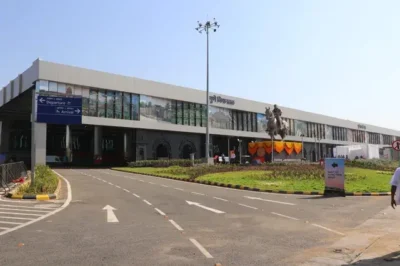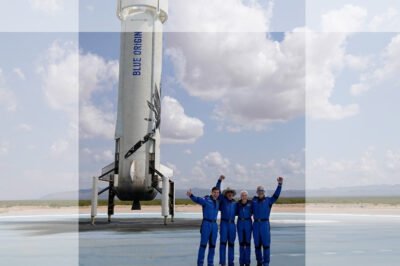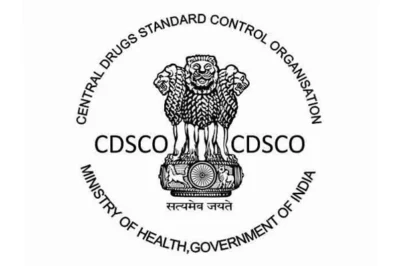Heatwaves are becoming fiercer and more frequent across the globe, posing unprecedented challenges to public health, safety, and economic stability. As urban centers swell and temperatures soar, the compounded effects of stifling heat and worsening air pollution are not just uncomfortable—they’re deadly. With over 60,000 heat-related fatalities in Europe in 2022 alone, the urgent need for effective heatwave preparedness and response strategies has never been clearer. But how well-equipped are our cities to handle these scorching challenges, and what can be done to mitigate their impacts?
Understanding Heatwave Impacts:
Heatwaves affect nearly every aspect of life, particularly in densely populated urban areas. The most direct impact is on human health, as heat stress increases hospital admissions for dehydration, heatstroke, and cardiovascular issues. Vulnerable populations, such as the elderly, children, and those with pre-existing health conditions, are especially at risk.
Economic and Environmental Strain:
Beyond health, the economic repercussions are profound. Agriculture suffers as crops wilt and livestock perish, while workers across various sectors struggle with reduced labor productivity. Critical infrastructure, including power systems and transportation networks, faces increased strain, leading to potential failures at times when they are most needed.
Mitigation and Adaptation Strategies:
Cities and countries are turning to a range of strategies to combat the rising threat of heatwaves. These include developing early warning systems, increasing the albedo of buildings and pavements to reflect more sunlight, expanding urban greenery to cool cities naturally, and improving water management for better sanitation during heat events.
Global Inequities in Heat Preparedness:
The capacity to adapt to heat varies significantly by region, often correlated with economic resources and existing infrastructure. Wealthier countries tend to have more robust systems in place for heat management, while poorer regions suffer disproportionately, lacking both preventative measures and crisis response capabilities.
Conclusion:
As the planet warms, the frequency and intensity of heatwaves are only expected to increase, making effective adaptation more crucial than ever. The actions we take today to bolster our urban environments against extreme heat will have lasting impacts, determining not just the livability of our cities but also the survival of those most at risk. Now is the time to act, to rethink our urban planning and build resilience against the inevitable rise of the mercury.







































































Leave a Reply